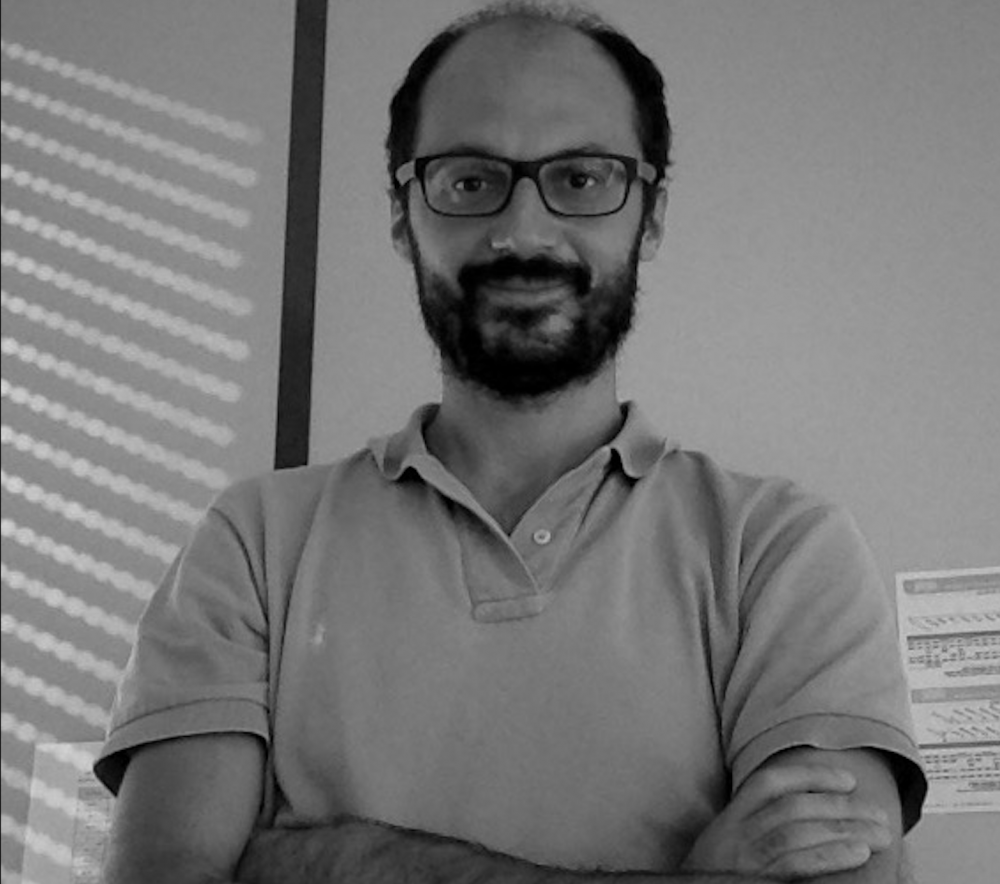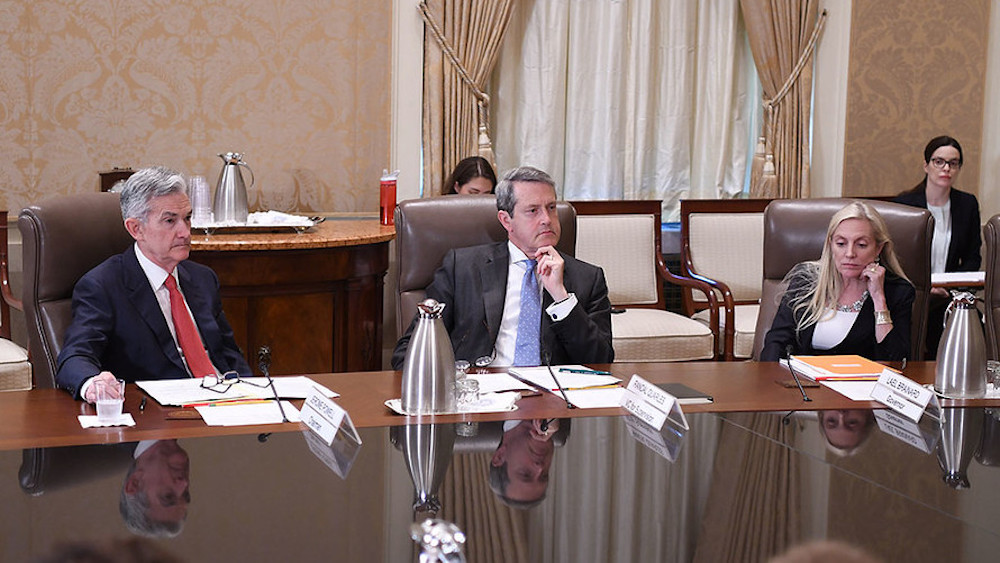
ZACHARY HAGEN-SMITH – FEBRUARY 14TH, 2022
Professor Mauro Napoletano is a Professor of Economics at the University of Côte d’Azur and an Associate Research Fellow at OFCE-Sciences Po. His research specialties include macroeconomics, agent-based computational economics, network analysis, and climate policies’ relation to industrial dynamics. In December 2021, I had the opportunity to speak with Professor Napoletano over Zoom.
Thank you for making time in your day to talk about your life and career as an economist. I’d like to begin by digging into your roots. What drew you towards economics in the first place and how did that lead to you becoming an economist?
Well, it’s a long story, actually. I’d say it’s my parents who nurtured my passion for economics. They filled our house with books on great economists from Smith to Keynes and that absolutely triggered my curiosity for economics. I decided to study economics at university, and then I realized that I wanted to also do research in economics. That’s why I started my PhD at the Sant’Anna School of Advanced Studies in Pisa. That’s pretty much how it went. And the follow up is pretty much like the usual career researcher. I worked in Switzerland. I did ETH (The Swiss Federal Institute of Technology in Zürich). And then I got a position here at OFCE (French Economic Observatory) in Sophia Antipolis and then the University of Côte d’Azur.
Were your parents economists, or were they just big fans of economics?
No, no, no— they also studied economics, though they didn’t do research. Especially my father, who was also a great fan. He wanted to be a researcher, but he couldn’t for various reasons. In his time, it wasn’t so easy to become a researcher. Though it’s not so easy now, it was much more difficult at the time. It was the end of the seventies. I had long discussions with him about economics— macroeconomics especially—and also about economic policy. That was very important in my family, and that’s why I went. So, they played a very important role in that respect. Of course, I’ve also had a passion for using economics in order to understand major economic events and how policy can be used in order to improve these situations.
Going off that point, I’ve gone through some of your research and it’s really interesting. You’ve written papers on a wide variety of topics: on climate change, on international trade, on COVID-19. With reference to this breath of research, which subjects in economics do you feel most passionate about?
For sure it’s macroeconomics and especially the relation between finance and macroeconomics. That’s my core research domain. It’s true that I’ve done work in many domains and written papers on different subjects, however there’s a common thread among all those papers and that’s the fact that I always emphasize the heterogeneity of agents— the fact economic agents have different characteristics, such as their income or level of debt. Since the 2008 Crisis, economics has tried to account for agents’ heterogeneity, but that was not the case until recently. The second thing I account for is the fact that these heterogeneous agents may interact not only through prices but through different channels, and these interactions usually take place via economic and social networks. [NOTE: These types of social networks include R&D collaborations, financial contracts, and things of that ilk, not really Facebook or Twitter.]
One of my primary domains of research is also on economics and networks. I’ve been studying R&D networks, where agents exchange knowledge to increase the overall rate of innovation. More recently, I’ve also been working on financial networks and how they can contribute to increased liquidity in financial systems, but at the same time can also be a source of propagation of economic shocks. Networks have this property that can magnify shocks. Both positive shocks and negative shocks. Externalities do not travel in the void or in a vacuum; they travel in networks. That’s why it’s important to study the structure of these networks.
Is there an example of a real-world instance where economic networks contributed to either positive or negative economic shocks?
Well, networks of financial contracts among banks and other financial institutions contributed to the spread and contagion of the Financial Crisis of 2008. The liquidity problem of one bank soon became the liquidity problem of other banks. It triggered a cascade of liquidity hoarding that traveled through networks of financial contracts among agents. Network analysis became popular during the last financial crisis. In my research, I try to put these two topics together—heterogeneity and interaction. This is very much taken into account in an approach of economic modeling that has the label agent-based approach.
This is a way of studying economic phenomena from the bottom-up. In a sense, try to see how the interaction among heterogeneous agents, using very simple rules and having very little knowledge of the intricate workings of the system, may generate very complex phenomena on the aggregate level. This philosophy has been applied to different issues, ranging from macroeconomics to the dynamics of financial markets and, more recently, to climate change and the impact of the COVID crisis.
That’s fascinating. I know a lot of your work involves agent-based models. Now, I can see the common threads weaving together. On a separate note, through Sciences Po you’re currently participating in the EU project “Growth Welfare Innovation Productivity.” Could you describe what that is and what your role in it is like?
Let’s start with my role. I am the scientific coordinator at a local level for Sciences Po. There are several units involved, each coordinated locally, and then there is one main coordinator who coordinates everyone. I’m the main coordinator for the Sciences Po unit. GROWINPRO is the follow up of a previous project that I was involved in, where I was also scientific coordinator for Sciences Po, that was called at the time ISIGROWTH. With GROWINPRO, what we tried to do is provide diagnostics of the factors behind low growth in Europe. So, what are the structural factors delaying or dampening growth? What’s preventing growth from being as high as it was in the past? From these diagnostics then, we try to provide suggestions for policies.
Now, one important thing is the building up of new indicators that may also take into account, for instance, welfare or aspects related to climate change. And actually, I have been involved on this part within the project. Together, with my co-workers, we have been developing new indicators that take into account how climate change is incorporated in trade. The idea is that when you look at CO2 emissions from sectors in a country, you need to take into account the emissions of that country on the emissions of other countries, because today’s economies are very much integrated. A lot of emissions travel via the flows of goods and services resulting from international trade. So, we’re trying to build some indicators in that respect and, well, our research should appear soon.
I know that research hasn’t appeared yet, but, speaking to what your group has worked on so far, what are some of those indicators that affect either growth or climate change?
Well, let me just emphasize that it’s true that advanced countries have increased their environmental efficiency, but, at the same time, they’ve also become more essential in the network of global emissions. In other words, advanced countries have become more efficient, in the sense that their domestic production pollutes less, but, at the same time, it uses intermediary inputs that come from countries that pollute a lot. So, the consumption and production activities in advanced countries are contributing to global emissions. In other words, you pollute less domestically, but then you pollute more elsewhere. And when you take into account climate change, what matters is global emissions, not the fact that you pollute less at home. Well, it matters of course, because at least you’re not close to pollution that clearly has an impact on the welfare of people in a society, but if you look at climate change the amount that matters is global emissions. So, if you pollute less, but you let others pollute more, well you have not done much. That’s what we’ve shown. That actually the countries that have become most environmentally efficient, rely a lot, increasingly, on countries that pollute a lot. This travels through trade all this, that’s why it’s important to show it. Another important thing of this research is that when you implement policies domestically, this can have externalities on other countries.
Could you give an example of that?
For instance, you put a carbon tax in the United States. Well, because of that, the price of some polluting goods may increase. Consumers have the incentive to demand these goods less and consume more alternative goods that are less polluting. This may have a positive impact on emissions domestically. But, the increased consumption of alternative goods may also increase demands for some alternative inputs that are produced elsewhere and may use polluting technologies. In this case, the net impact on global emissions will be zero. So, one needs to take into account these externalities when thinking about policies targeting climate change.
Right now, going down another different route, you hold several teaching positions. You’re a professor at Sciences Po, at Université Cote D’Azur, and at Santa’Anna in Pisa. You also hold a number of research positions, as well. Some economists really prefer the classroom, some really prefer research. Do you hold a preference? What do you feel you get out of either?
Personally, I prefer to have a good balance between the two. I think teaching can be an enriching activity, especially when students are good and contribute with a lot of questions and useful insights. When it’s like that, well it’s a very nice thing, teaching. And also, it’s a good exercise because it makes you think about how to apply and explain concepts that maybe for you are obvious but are not obvious when you explain them. So it can also have a nice impact sometimes on research activity. Of course, the more you go to the advanced level, the better it is in that respect. But, in general, it’s enriching because it allows one to think about how to transfer knowledge and concepts. You learn when you prepare to teach.
At the same time, an important balance is needed because research is a very demanding activity. We now live in a “publish or perish” system, where careers depend very much on publications, publication records, and citations. If you do too much teaching, you don’t have enough time for research. It’s a time constraint, so a balance is needed in that respect. Sometimes, in France, the balance is maybe too much towards teaching. It is true that for some young researchers you could have some reductions in the teaching time, but that should also be put in place more systematically for more advanced researchers. Anyway, any system has these features. So, personally, I enjoy teaching when it’s nice and when I have good students, like I’ve had so far. But you need a good balance between the two since you need time to do research because it’s a very demanding activity.
It’s been a pleasure to speak with you. Thank you for your time, and best of luck with your work.
Featured Image Source: Mauro Napoletano
Disclaimer: The views published in this journal are those of the individual authors or speakers and do not necessarily reflect the position or policy of Berkeley Economic Review staff, the Undergraduate Economics Association, the UC Berkeley Economics Department and faculty, or the University of California, Berkeley in general.



